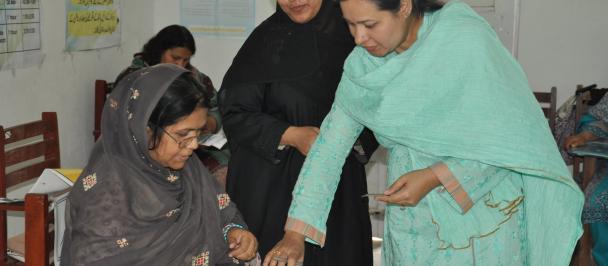Breaking Barriers: Addressing Gender Disparities in Pakistan's HIV Response
February 15, 2024
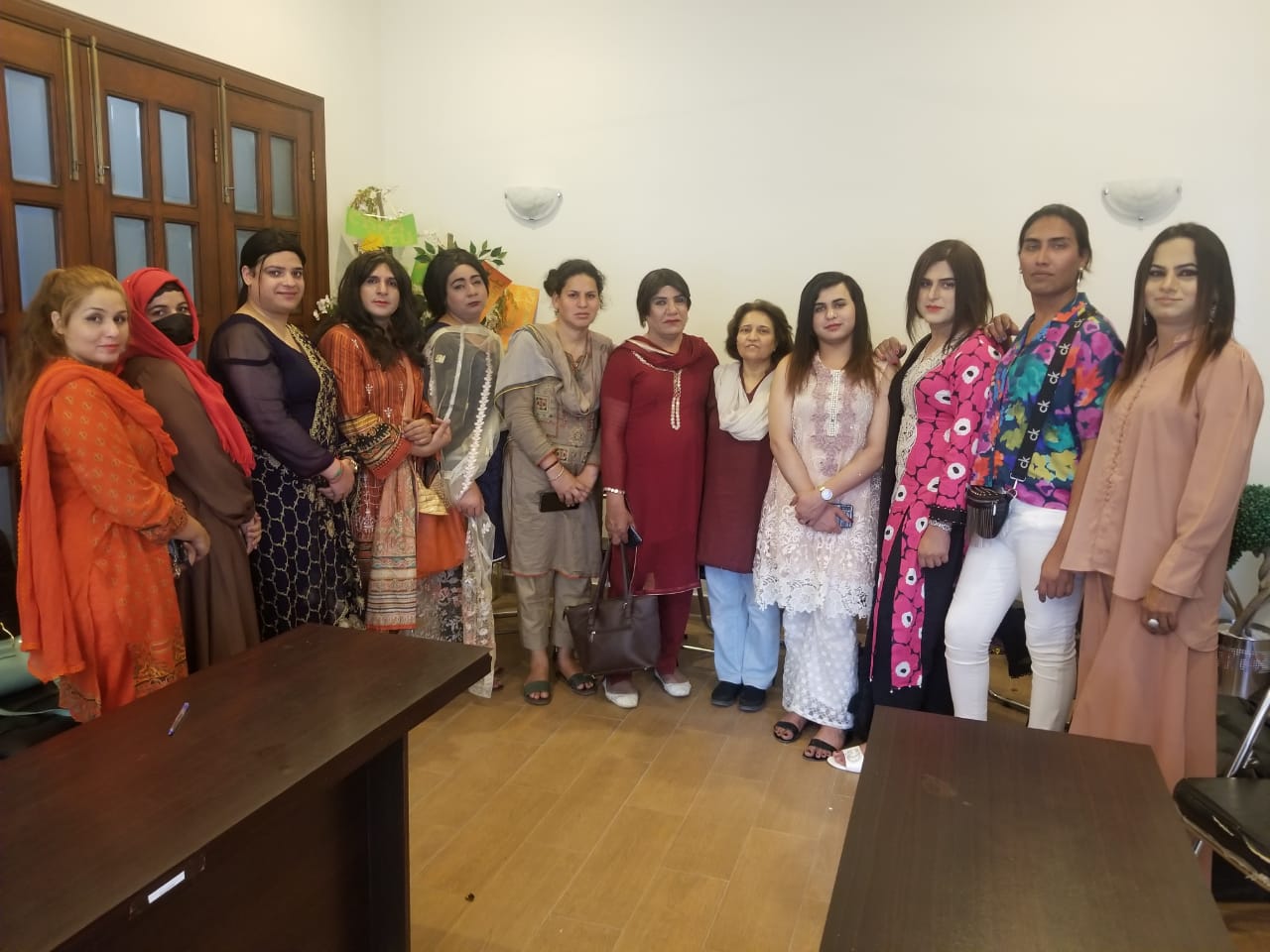
Gender should not be a divisive issue, particularly when it comes to ensuring access to crucial health services. An individual's gender identity — whether male, female, or transgender – affects their vulnerability to HIV and their ability to access quality care.
Recognizing this, UNDP Pakistan commissioned a gender assessment to evaluate its HIV response program in Pakistan. The assessment focused on understanding how services are delivered and received by key populations, including people who use drugs, individuals involved in sex work, transgender communities, high-risk men, people living with HIV, and their partners.
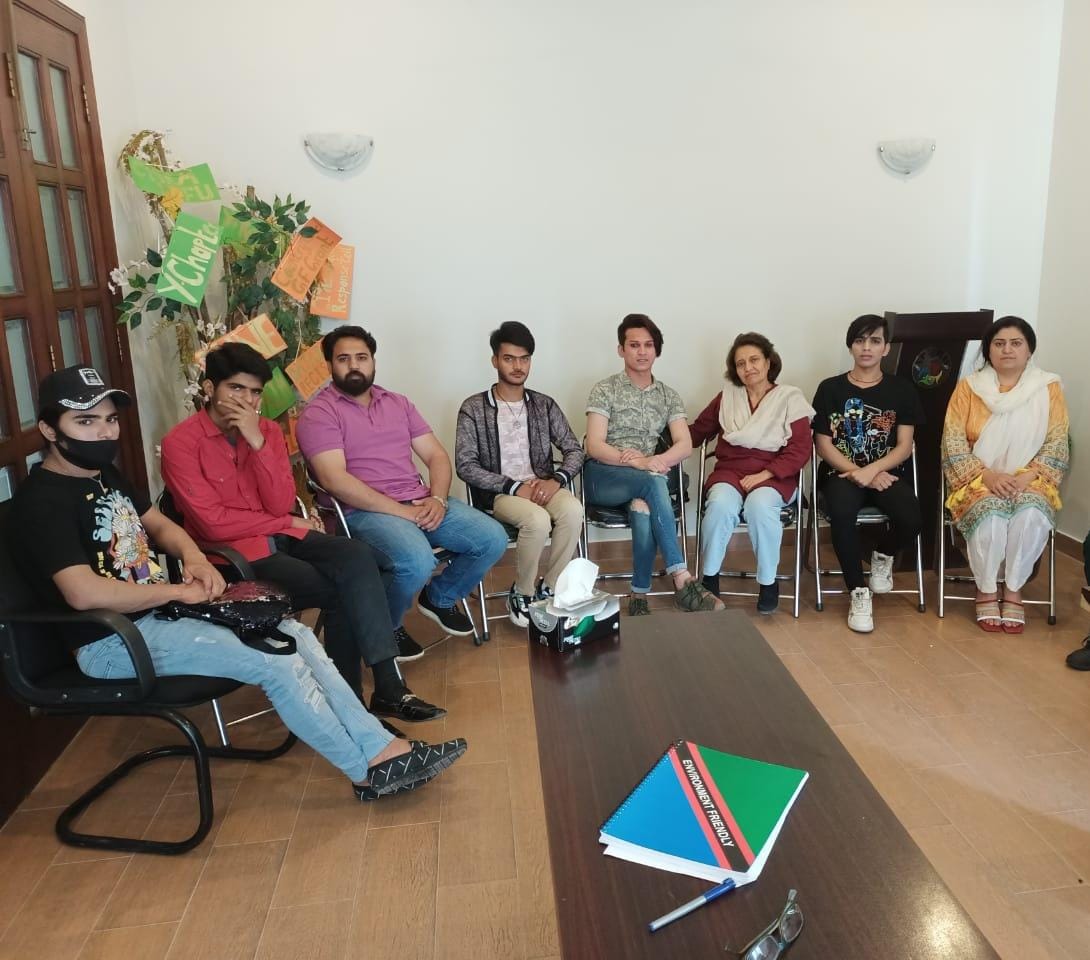
Reaching Men with HIV Services
The results are based on the perspective of 113 people who have a stake in the way HIV services are delivered in Pakistan, and valuable insights into the challenges faced by these communities in accessing HIV services. The assessment revealed disparities in access to treatment, particularly for men. Only 11% of the estimated HIV – positive men were receiving treatment in 2022, compared to 17% women. Moreover, men living with HIV were more likely to succumb to AIDS-related complications than women. The report emphasizes the need for tailored HIV prevention and outreach services to effectively reach at-risk men and ensure their continued engagement in services.
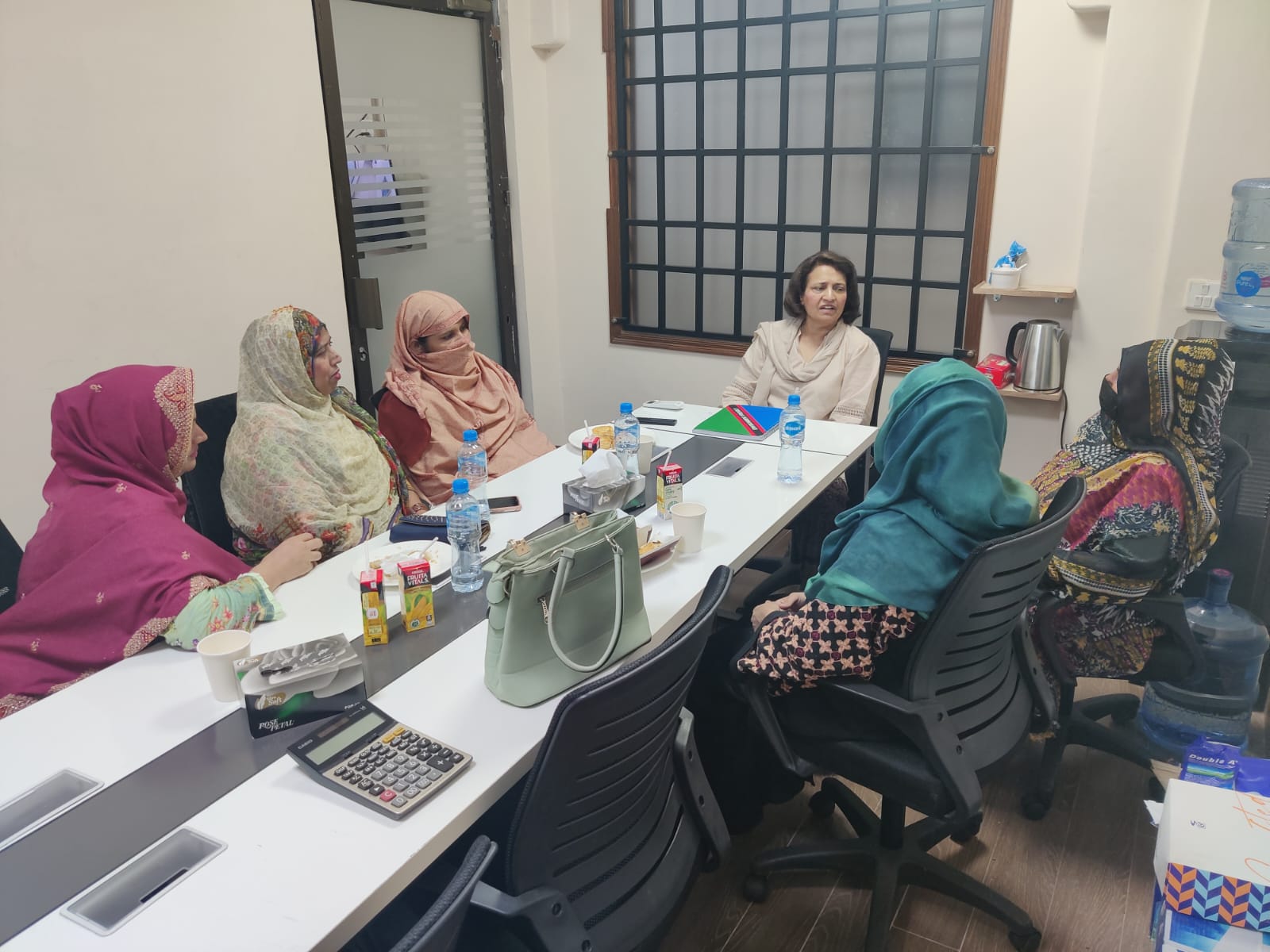
Addressing Gender-Based Violence
At the same time, barriers to accessing HIV services were found to disproportionately affect cisgender women, transgender women, and other marginalized groups, such as people who use drugs and engage in sex work. An alarming theme emerged regarding the extreme levels of violence faced by these communities, coupled with a lack of adequate programs and services to prevent gender-based violence and provide care for victims. Data from domestic violence helplines in Pakistan indicated a significant increase in domestic violence during the Covid – 19 pandemic, with a reported cases rising by 200% between January and March 2020, worsening the challenges faced by vulnerable populations. Moreover, widespread experience of police violence among communities most at-risk to HIV, particularly people who use drugs and transgender communities, further compound the barriers to accessing HIV services, with little legal recourse available.
Violence not only increases the risk to HIV transmission but also diminishes individuals’ willingness or ability to seek essential HIV services. To address gender-based violence, recommendations include improving referral systems for medical and legal interventions for gender-based violence survivors and improving expertise and capacity in addressing gender – based violence within public and non-governmental health services. At the community level, investment in establishing a tracking system for organizations working with key populations, documenting incidents of police violence and harassment of outreach workers, and providing training and sensitization programs for law enforcement on non-violent interactions with key populations is essential.
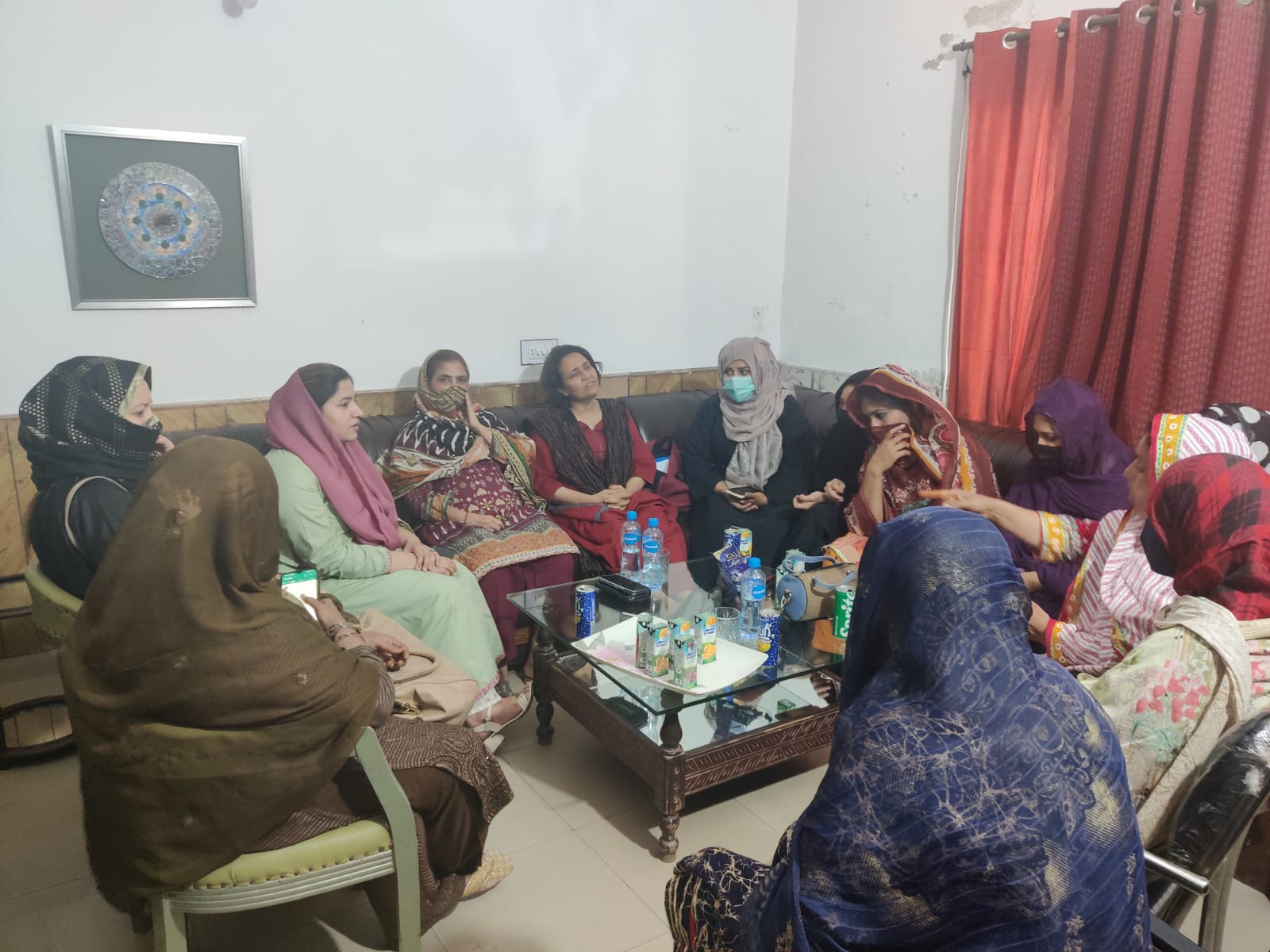
Improving Data
It’s only by analyzing data that is available disaggregated by age, sex, geography and other factors that health system planners can truly understand the issues impacting health risks and access to services. Currently, Pakistan is undertaking the 7th round of the Integrated Biological and Behavioural Surveillance (IBBS), conducted in collaboration with the Government of Pakistan, UNAIDS, Health Services Academy, and other partners. This national survey will provide comprehensive data for key populations affected by HIV, hepatitis B, C, and syphilis including qualitative data on stigma and discrimination. This presents a real opportunity for Pakistan’s health policy makers and program managers to develop gender-responsive programs and policies that address the lived realities of the men, women, girls, boys and transgender communities most affected by and at-risk to HIV.
This assessment was conducted under the Global Fund project, further underscoring the commitment to addressing gender disparities in HIV response efforts.

 Locations
Locations


